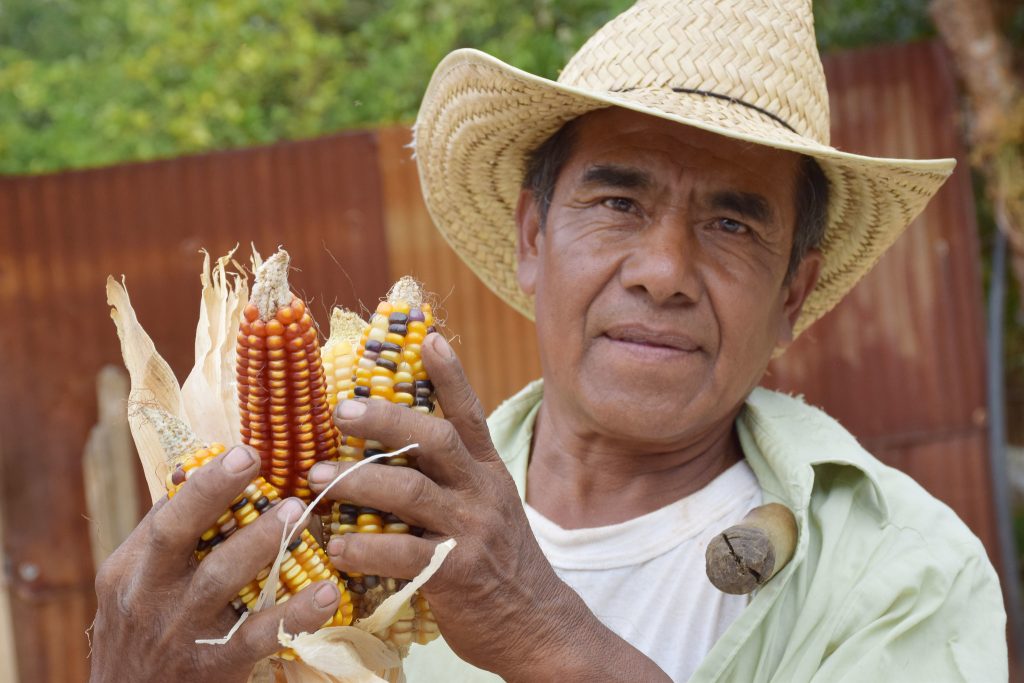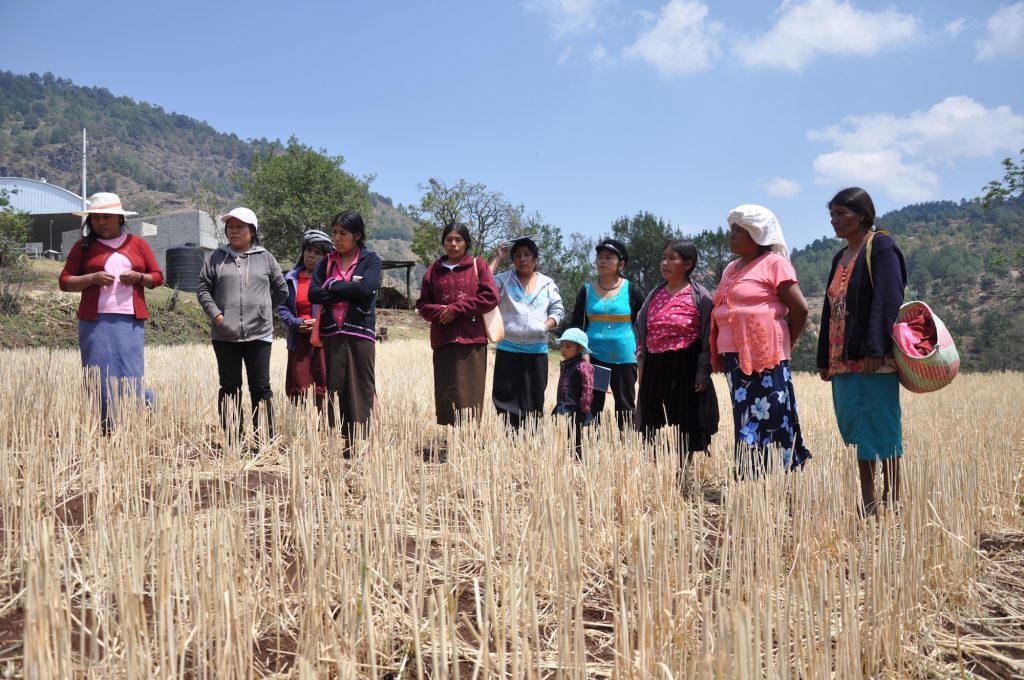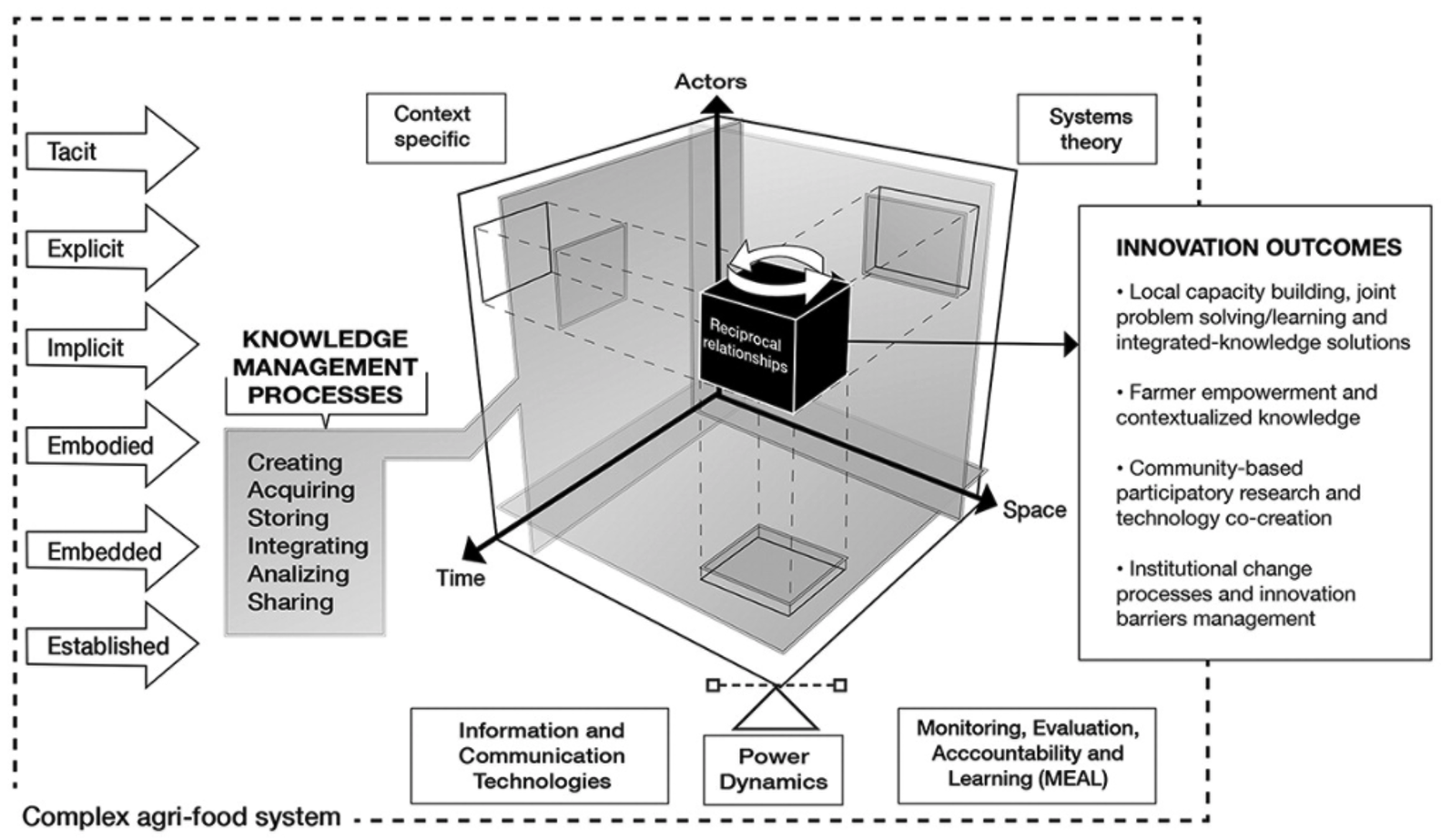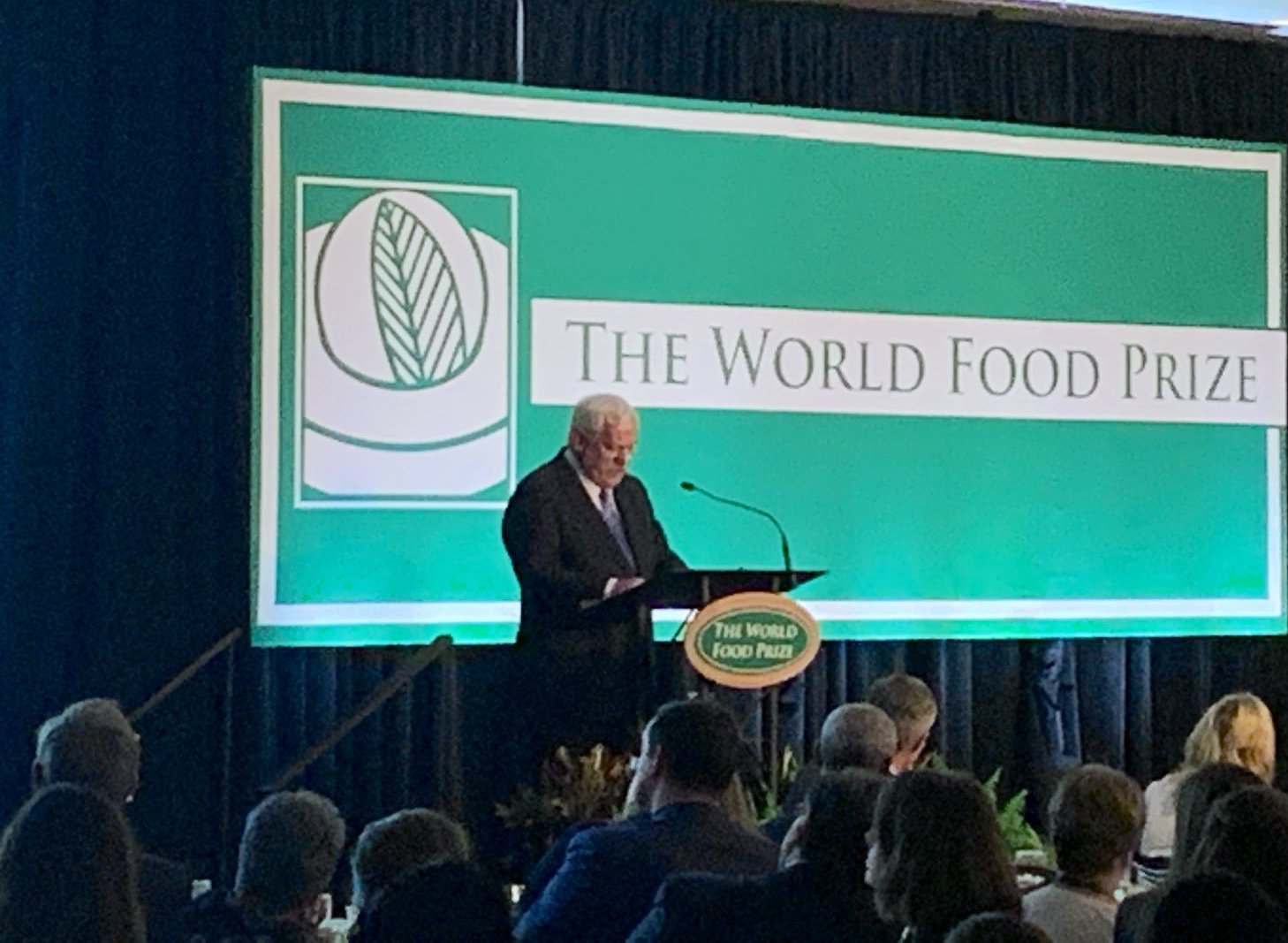
The International Maize and Wheat Improvement Center (CIMMYT) is contributing to make Mexico’s agriculture more productive, sustainable and resilient, according to a new report by The Economist Intelligence Unit and Barilla Foundation.
The study focuses on food loss and waste, sustainable agriculture, and nutritional challenges to assess how sustainable and resilient are the food systems of the 20 largest and most advanced economies of the world, which could lead the way to achieve the United Nation’s Sustainable Development Goals (SDGs) by 2030.
“Fixing Food 2021: An opportunity for G20 countries to lead the way” argues that global food systems are instrumental to meet all SDGs, and seeks to answer if and how G20 countries are making food sustainability a priority.
The authors discuss the intricacies between national food systems and progress towards SDGs as a cross-cutting issue: “The challenge for the agricultural sectors in the G20 countries is to make their production processes more efficient so that they are growing sufficient food for their populations and their exporters, but doing so in a way that is decoupled from resource use, repairs the damage that has already been done to the planet, helps to raise nutritional standards, and in the wake of the pandemic, rebuilds our resilience to the emergence of diseases.”
Against this backdrop, the data systems of CIMMYT’s MasAgro project are identified as an innovation or best practice that helps cut agriculture’s carbon footprint in Mexico. Under Masagro, CIMMYT monitors over 150,000 farmers and more than 500 variables of the growing cycle per farming plot.
“Farmers can then access data analysis via an app which provides them with a range of information to help them improve productivity, use more sustainable practices and access markets,” the report states.

The authors conclude that G20 leaders still have a narrow opportunity to adopt a systems approach to reducing food loss and waste, mitigating the impact of food production on the environment, and increasing the nutritional content of global diets to achieve the SDGs by 2030.
However, the policy responses needed to trigger a transformational change in global food systems require political will and leadership. “Involving different stakeholders in improving the sustainability of agriculture is key, according to Bram Govaerts of the International Maize and Wheat Improvement Center (CIMMYT),” reads the report.

 Innovations
Innovations 
